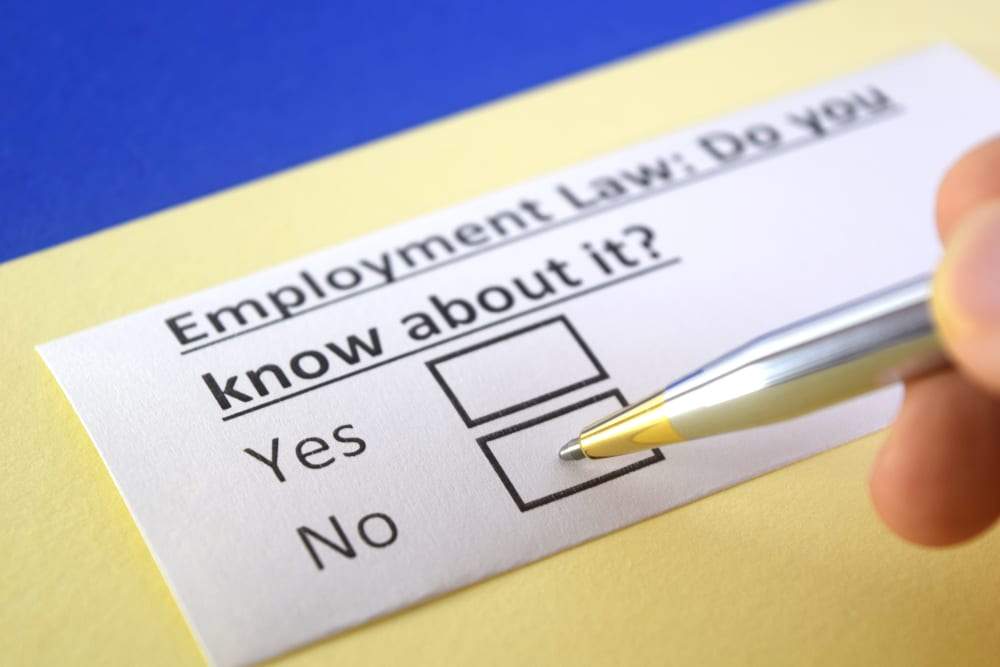Employers have just under a week to decide how they intend to manage the additional bank holiday across their organisations, but what are their options?

Extra Bank Holiday for the Queen’s State Funeral
On Saturday 10 September 2022, King Charles III approved a Royal Proclamation declaring the day of the State Funeral of Queen Elizabeth II will be a bank holiday, the date of which has since been confirmed as Monday 19 September 2022.
The intended purpose of the bank holiday is to allow individuals, businesses and other organisations to pay their respects to Her late Majesty and commemorate Her reign, while marking the final day of the period of national mourning but with this being the second additional bank holiday this year, the first being the additional Jubilee bank holiday, employers have just under a week to decide how they intend to manage the additional bank holiday across their organisations.
What is a Bank / Public Holiday?
Bank holidays in England and Wales, Northern Ireland and Scotland are governed by the Banking and Financial Dealings Act 1971, which sets out certain fixed bank holidays, and allows the King (or in Northern Ireland, the Secretary of State) to vary those dates or proclaim additional bank holidays. For example, New Year’s Day (or the next working day) is not listed as a bank holiday in England and Wales under the 1971 Act (although it is in Scotland), but it has been a bank holiday every year by Royal Proclamation since 1974. Ad hoc bank holidays are also sometimes proclaimed for events such as royal weddings and jubilees. Where Christmas Day falls on a Saturday, an additional bank holiday is usually proclaimed on the following Tuesday. Royal Proclamations are published in the Gazette.
Good Friday and Christmas Day are not listed under the 1971 Act as bank holidays in England and Wales or Northern Ireland because they were already common law public holidays. However, they are listed as bank holidays in Scotland under the 1971 Act.
The term “public holidays” in England and Wales covers both bank holidays and the traditional common law holidays of Good Friday and Christmas Day. In Northern Ireland and Scotland, public holidays also include some additional locally declared holidays.
What Does the Law Say?
There is no specific statutory right to time off (paid or otherwise) on a bank and public holiday, provided employees receive at least 5.6 weeks paid holiday during a leave year.
Whether a worker is entitled to time off (paid or otherwise) on a bank and public holiday is a matter for the contract, or in some cases, simply the employer’s managerial prerogative. In many industries or occupations (such as retail, travel or emergency services), working on public holidays is a commercial or operational necessity.
The first thing employers should do is check the holiday clause in an employee’s contract of employment and any existing holiday policy to determine whether bank and public holidays are expressly stated.
- If the holiday clause in the contract says that employees are entitled to 20 days or 4 weeks holiday per year plus bank and public holidays, or contains similar wording, employees will have the right to an additional day’s paid leave unless an existing holiday policy expressly states which bank and public holidays are recognised by the employer. If the contract allows employers to require employees to work on bank and public holidays, they can require the employee to work but the extra day will need to be added to the employee’s annual holiday entitlement.
- If the holiday clause says that employees are entitled to 20 days or 4 weeks holiday per year plus the usual bank and public holidays, employees will not automatically have the right to an additional day’s paid leave and would need to use their existing holiday entitlement if they want to take the day off, subject to the usual rules for requesting holidays. Employers should check any existing holiday policy to determine whether ‘the usual bank and public holidays’ are expressly stated, or in the absence of a holiday policy, look at what they did for the additional Jubilee bank holiday earlier this year.
- If the holiday clause says that employees are entitled to 28 days or 5.6 weeks’ holiday per year inclusive of bank and public holidays, employees will not have the right to an additional day’s paid leave and granting the additional bank holiday will be at the employer’s discretion. If the employer opts not to grant the additional bank holiday, those employees wanting to take the day off will need to use their existing holiday entitlement, subject to the usual rules for requesting holidays.
Considerations for Employers
After checking existing policies and contracts, determine what your legal obligations are and communicate your position to all employees clearly and promptly, so they know whether they will be required to work or will have the day off and, if they will be off, whether this will be paid in addition to, or as part of, their existing holiday entitlement.
If you have determined that you can require employees to work on the bank holiday, remember that all schools will be closed and that this may create childcare challenges for employees who are required to work but who are unable to make childcare arrangements.
The right to time off for dependants applies to all employees, regardless of gender, age or length of service, whether they work full time or part time or whether on a permanent, temporary or fixed-term basis. An employee who is refused permission to take time off in accordance with the right or who is subjected to a detriment for taking it (or seeking to take it) may complain to an employment tribunal. If an employee is dismissed because they took or sought to take time off in accordance with the right, they will be able to claim automatic unfair dismissal whether they have the necessary qualifying service for an ordinary unfair dismissal claim.
Remember, a failure to provide paid holiday pursuant to the Terms of a contract of employment would likely amount to a breach of contract and could give rise to a claim at the employment tribunal.
Do You Need Assistance?
The specialist employment law team at Employment Law Services (ELS) LTD have extensive experience in advising UK Employers on their legal obligations in respect holiday entitlement and pay to ensure compliance. If you have any queries about your legal obligations you can call us on 0800 612 4772, Contact Us via our website or Book a Free Consultation online.
 Advice on Settlement Agreements Employees
Advice on Settlement Agreements Employees Advice on Settlement Agreements Employers
Advice on Settlement Agreements Employers

